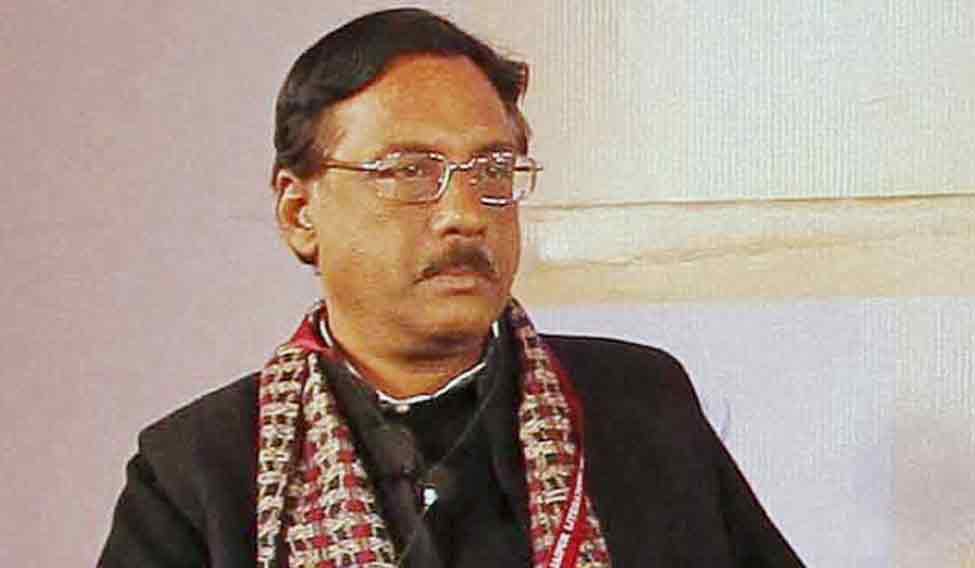THERE IS a discernible sense of disappointment with the Narendra Modi government's performance in terms of economic achievement, extra-constitutional adventurism and social instability. There is a huge gap between promise and delivery.
The BJP’s footprint has not increased nationwide, except for its recent win in Assam, where the three-term-old Congress was anyway expected to lose. Anti-incumbency favoured the BJP.
In West Bengal, the BJP's vote percentage dipped. In Kerala, it won one seat; zero in Tamil Nadu.
One could, however, give it a spin and say the Congress is finished, and that there is no opposition to Modi. But, over the next couple of years, can the BJP win elections on its own?
It won the 2014 general election under special circumstances. There was general tiredness with the scandal-ridden UPA II.
For 2019, it is clear that there will be two coalitions—the BJP & co and another one, in which the Congress will have a major role. Whether a third front will come into being depends on the numbers game.
Besides the parties in Uttar Pradesh, regional leaders such as Nitish Kumar, Mamata Banerjee and J. Jayalalithaa have a substantial following. Their roles are important.
Bihar Chief Minister Nitish Kumar's point has been clear: all anti-sangh parivar forces should unite. Work needs to begin now.
Nitish, however, has never said he is the main challenger. At the JD(U)'s national meet, he said parties should build a consensus, and not jostle about who the 'leader' is. Other parties, too, agree.
The starting premise for the secular forces to unite is that the BJP captured 31 per cent vote share in the general election. There is room for anti-BJP forces to unite and defeat it.
Pavan Varma is a Rajya Sabha member representing the JD(U).
AS TOLD TO SONI MISHRA





